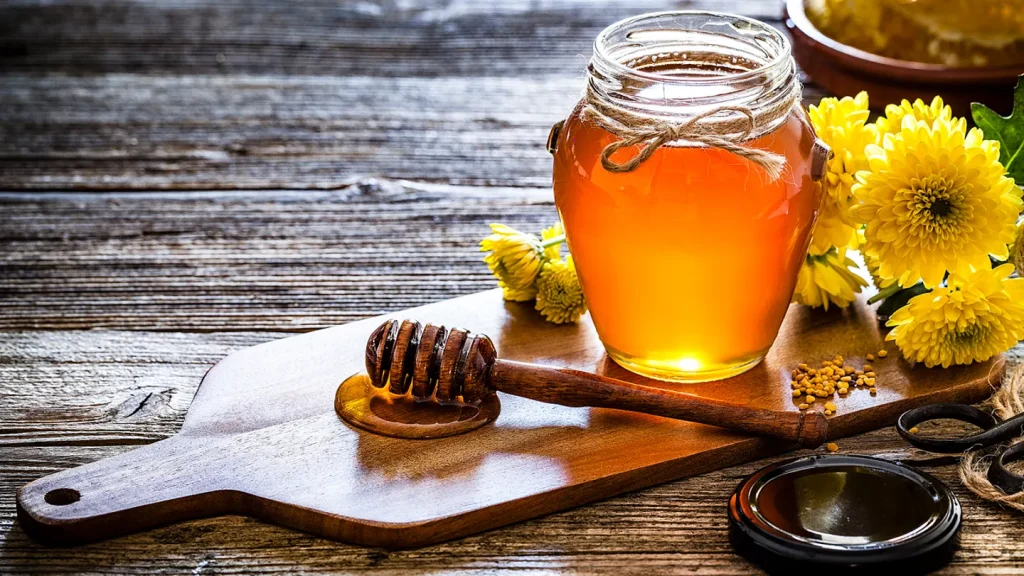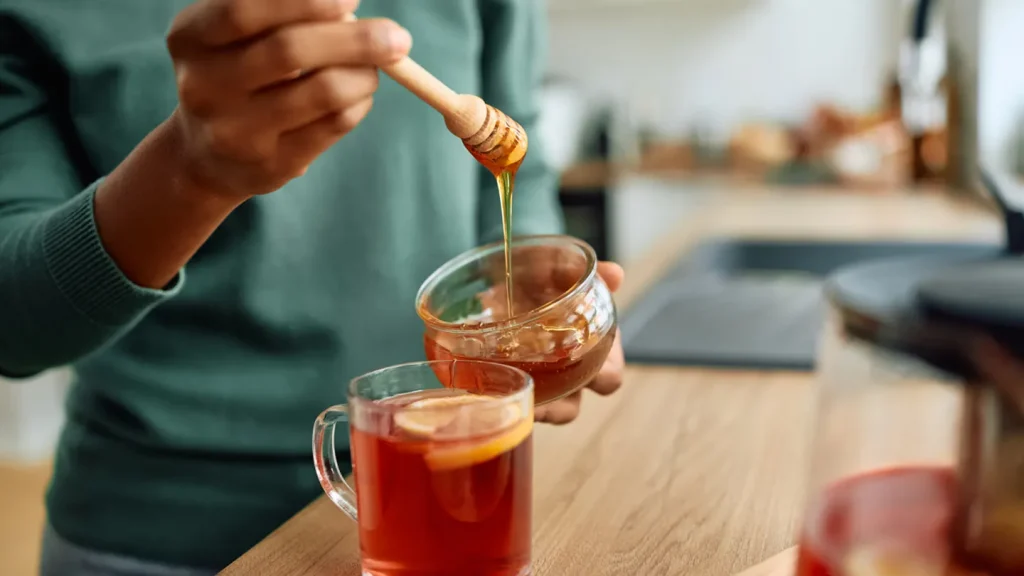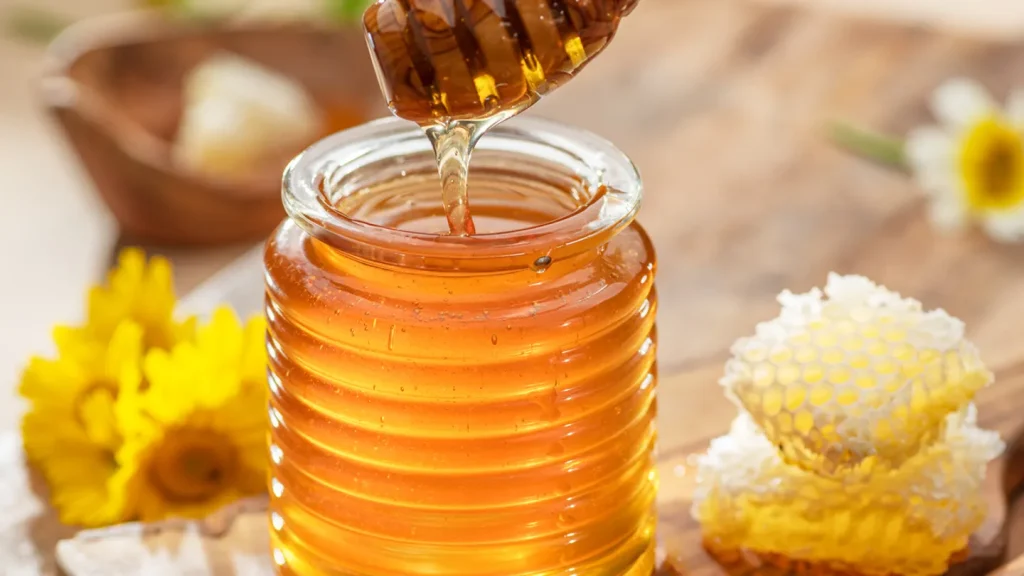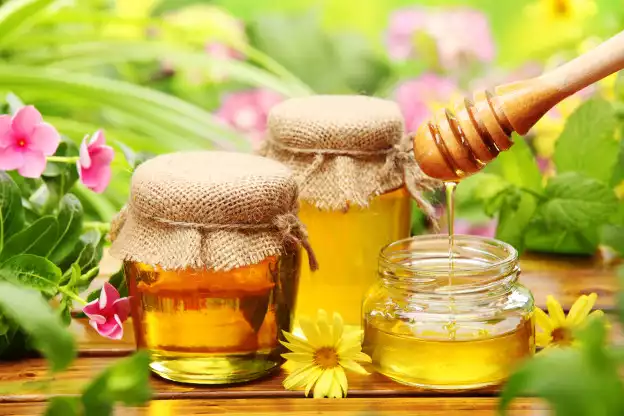Spring might feel like a refreshing change—unless you’re one of the millions plagued by seasonal allergies, according to Dr. Joseph Mercola, a board-certified family physician in Ormond Beach, Florida. “As trees bloom and flowers burst into color, many are stuck dealing with itchy eyes, sneezing, and sinus pressure,” he said. “If that sounds familiar, you’re definitely not alone.”
With conventional treatments not always offering relief, many allergy sufferers are turning to natural alternatives. Among them is honey—an age-old remedy that some scientific studies suggest could ease certain allergy symptoms. While the evidence isn’t conclusive, it’s enough to spark curiosity.
Honey’s potential health perks stem from its complex chemical makeup, said C. Marina Marchese, founder of the American Honey Tasting Society in Weston, Connecticut. “It’s like a botanical snapshot of a specific time and place,” she explained to Fox News Digital, “and its wellness benefits can extend far beyond the kitchen.”

Can honey really help ease pollen allergies?
The idea has gained popularity, but the scientific support is still unclear.
“Some people believe honey can act like a natural allergy shot, gradually exposing you to small amounts of pollen,” Dr. Joseph Mercola told Fox News Digital. “But critics note that the pollen found in honey usually comes from flowers, not from the trees, grasses, or weeds that are most likely causing your symptoms. Bees typically don’t collect much of that airborne pollen.”
A 2002 study conducted by researchers at the University of Connecticut found that taking local or clover honey daily for 30 weeks did not lead to significant relief from symptoms of allergic rhinoconjunctivitis.
However, Mercola pointed to other studies that indicate honey may have anti-allergic properties.

“In a 2021 mini-review published in Frontiers in Pharmacology, researchers reviewed both animal and human studies. In mouse and rat models, honey helped reduce common allergy symptoms such as sneezing, nasal rubbing, and airway inflammation, suggesting a potential protective effect in controlled environments,” he explained.
“In human trials, including one with allergic rhinitis patients, those who consumed Tualang honey showed consistent improvements in nasal congestion and sneezing, even after stopping antihistamine use.”
Are all honeys created equal?
The type of honey you consume is important, according to Mercola.

“Clinical and preclinical research suggests that certain honeys, like Tualang and Manuka, may have stronger anti-allergy effects,” he explained. “These varieties are rich in bioactive compounds such as gallic acid, caffeic acid, and kaempferol, which have been shown to reduce inflammation and limit histamine release.”
Marchese also emphasizes the importance of avoiding commercial honey, especially pasteurized or ultra-filtered varieties, as they “lack the pollens, enzymes, and other beneficial compounds that could be helpful.”
Many of the honeys sold in supermarkets aren’t of the highest quality, Marchese told Fox News Digital. These are often imported from various countries, blended, and treated with heat at high temperatures, which compromises the honey’s natural integrity.

If honey is going to provide any potential relief for allergies, Marchese recommended that it should be fresh, ideally sourced from a local beekeeper, and remain unheated and unfiltered.
Even if honey doesn’t fully eliminate allergy symptoms, it still offers a range of other health benefits, according to Marchese.
“It’s packed with antioxidants, has natural antibacterial properties, and can help soothe sore throats and coughs,” she added.

